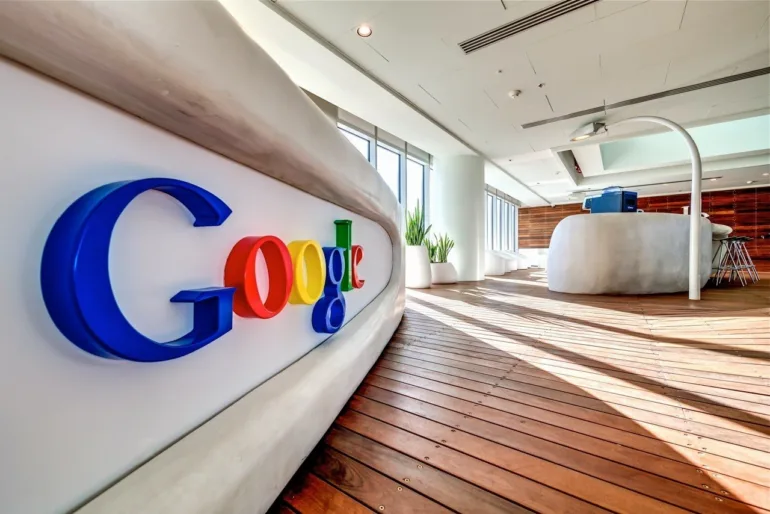TL;DR:
- Google is set to integrate generative AI into its advertising business.
- The integration of the new technology will occur within Performance Max, Google’s program that utilizes algorithms to establish ad placement, assign budgets, and generate ad copy.s an algorithm to determine ad placement, budget allocation, and ad copy creation.
- AI will generate unique ads using materials provided by human marketers, allowing for the creation of more sophisticated campaigns.
- Advertisers can submit creative content, and the AI will “remix” these materials to generate targeted advertisements.
- There are concerns that the tool could disseminate misinformation, but Google has committed to implementing strict safeguards to prevent such errors.
Main AI News:
Google’s foray into the realm of generative artificial intelligence in advertising is set to shake up the industry in the coming months as the tech giant joins other major companies in adopting this cutting-edge technology. According to an internal presentation obtained by the Financial Times, the company plans to harness AI to generate unique advertisements by utilizing materials provided by human marketers.
The integration of the innovative technology will take place in Performance Max, a program offered by Google since 2020 that uses algorithms to determine ad placement, allocate budgets, and create ad copy. The presentation, titled “AI-powered Ads 2023,” highlights the vast potential of generative AI in opening up new frontiers of creativity in advertising.
Currently, Google employs AI in its advertising efforts to create simple prompts aimed at encouraging customers to make purchases, but the integration of generative AI will allow for the creation of much more sophisticated marketing campaigns similar to those produced by advertising agencies.
Advertisers are able to provide creative content, such as images, videos, and related text, for a campaign and the AI will “rearrange” these materials to produce advertisements that are aimed at specific audiences and reach predetermined objectives, like sales targets.
Despite these advantages, there are genuine fears that the tool may spread false information, as AI-generated text can assert inaccuracies confidently. A source knowledgeable about the presentation stated that the AI prioritizes attracting new customers and lacks an understanding of accuracy.
In response to these concerns, Google has assured the Financial Times of its commitment to implementing strict safeguards to prevent such errors, or “hallucinations,” as it rolls out its new generative AI features. This will ensure that the advertisements generated by the AI are accurate and trustworthy and that the tool is used in an ethical and responsible manner.
Conlcusion:
The integration of generative AI into Google’s advertising business represents a significant development in the industry. The ability of AI to generate unique advertisements using materials provided by human marketers will allow for the creation of more sophisticated campaigns, and the integration of the technology into Performance Max will provide advertisers with a powerful tool to reach specific audiences and meet their objectives.
While there are valid concerns about the potential for the tool to disseminate misinformation, Google’s commitment to implementing strict safeguards will help to ensure that the advertisements generated by AI are accurate and trustworthy. This development is likely to have a significant impact on the advertising industry, and businesses should keep a close eye on this trend as it unfolds.

